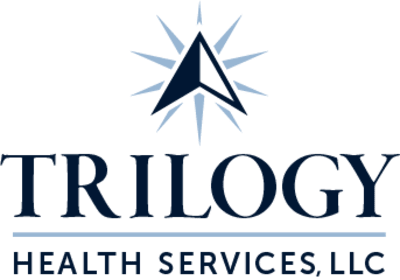
Paying for goods and services in cash is becoming a rare occurrence, and when making a purchase is as easy as swiping a card, many bite off more than they can chew and their finances suffer. It is especially important for retirees to keep a close eye on how they spend their money, since their income may come from a variety of sources such as a pension, Social Security benefits, and annuity payments. January is a time to start thinking about the future, and since January is also Financial Wellness Month, we at Trilogy would like to share some tips for managing your money in 2016.
Be an informed tax payer. Today marks the first day of tax season. Don’t be that person who is scrambling to file their taxes as the clock ticks toward the deadline. There are many resources out there created specifically to assist seniors in navigating the tangled web of our tax system. The AARP Foundation offers Tax-Aide for those over 50 who cannot afford a tax preparation service, and the IRS Website includes tips for seniors who are preparing their taxes.
Make use of new banking technology such as remote deposits. It is much easier to manage your money when it only takes a few finger taps as opposed to a trip to the bank. So why not use a bank that offers remote deposit options? With remote deposits, you can snap a picture of any check with your smart phone, then, using the bank’s app, quickly deposit the check into your account. This technique ensures less time for checks to be misplaced and gives you the option of having access to your funds quickly.
Set up automatic bill payments and direct deposits through your bank account. Being retired affords you more time to travel, and many retirees spend a good deal of time traveling to places across the country or even the globe. For all you jet-setters, here’s a great idea for you! Many companies offer auto pay options for bills and will debit your bank account on a specific day each month. This allows you to travel without worrying about whether or not you mailed your bills before you left. If you receive a check monthly, why not have the company directly deposit the funds into your bank account? Using this method, your money will quickly become available to you no matter where you are, and your check won’t sit unprotected in your mailbox until you get home.
Plan ahead, and save for those surprise expenses! It is always a great idea to have at least six months’ worth of living expenses set aside in an emergency fund to be accessed if or when an unexpected, hefty bill arrives. Things like health complications and accidents can quickly throw a wrench in even the most well thought out financial plans.
Our campuses hold many informative events throughout the year including those on financial issues. Be on the lookout for a finance class at a campus near you!

